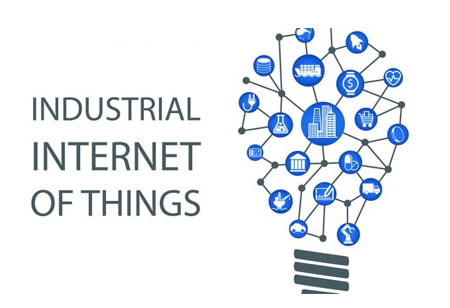THANK YOU FOR SUBSCRIBING
How Safe are our Smart Cities?
Smart cities should ensure smart cyber security measures and it is the responsibility of the city administration to take a cyber security-first approach to protect them from the potential perils

By
Apac CIOOutlook | Tuesday, January 28, 2020
Stay ahead of the industry with exclusive feature stories on the top companies, expert insights and the latest news delivered straight to your inbox. Subscribe today.
Smart cities should ensure smart cyber security measures and it is the responsibility of the city administration to take a cyber security-first approach to protect them from the potential perils
FREMONT, CA: Smart city is the name given to a city that integrates information and communication technologies to enhance the quality and performance of public services such as energy, transportation, and utilities to reduce consumption, wastage, and overall costs.
Civic managers are looking at more efficient ways to deal with the ever-increasing population and stiffened budgets with the help of automated technologies. Smart cities can boost performance and improvement in services. Still, its execution needs to be combined with powerful cybersecurity measures and alleviate the vulnerabilities that would potentially be targeted by threat actors.
If a cyber attack on a smart city infrastructure is successful, it will prove to be disastrous. An attack against a city's electricity grid could disable power for a long period, which would result in businesses unable to operate, and residents would have to live without heating, lighting, and cooking facilities. Also, if IoT sensors which notify waste collectors when to pick up trash is compromised, the waste would pile up for weeks, creating a public health risk. A cyber attack would also mean gaining access to confidential data such as personal information, which would pose a major threat to the general public, getting their information leaked or a target for thieves.
If a threat actor infiltrates the IT system, they could quickly move into an OT network if they are not compartmentalized adequately from each other. The operating systems used in OT and IoT devices, which are common in smart cities, are vulnerable to cyber attacks. The introduction of 5G has not only provided better and new ways of connecting to the OT network for IoT devices but also for cybercriminals as well.
City administrators need to implement stringent cyber security measures in smart cities to reduce the risk of cyberattacks. Besides investing in the right technology that offer transparency of what is running on a city's network, recruitment of security specialists should include meticulous training to understand the different requirements for managing and protecting IT and OT networks.
See Also: Top Smart City Solution Companies





